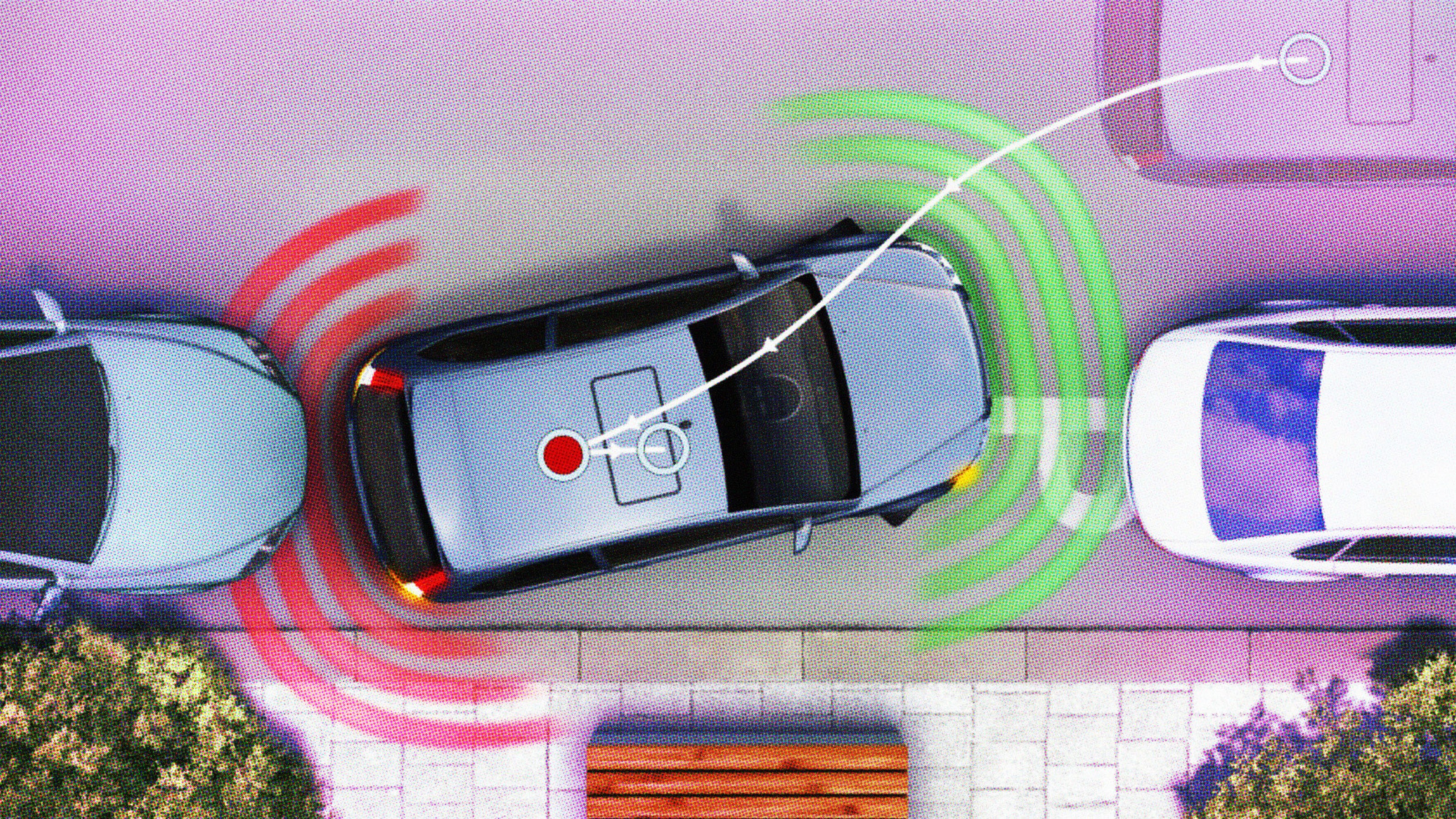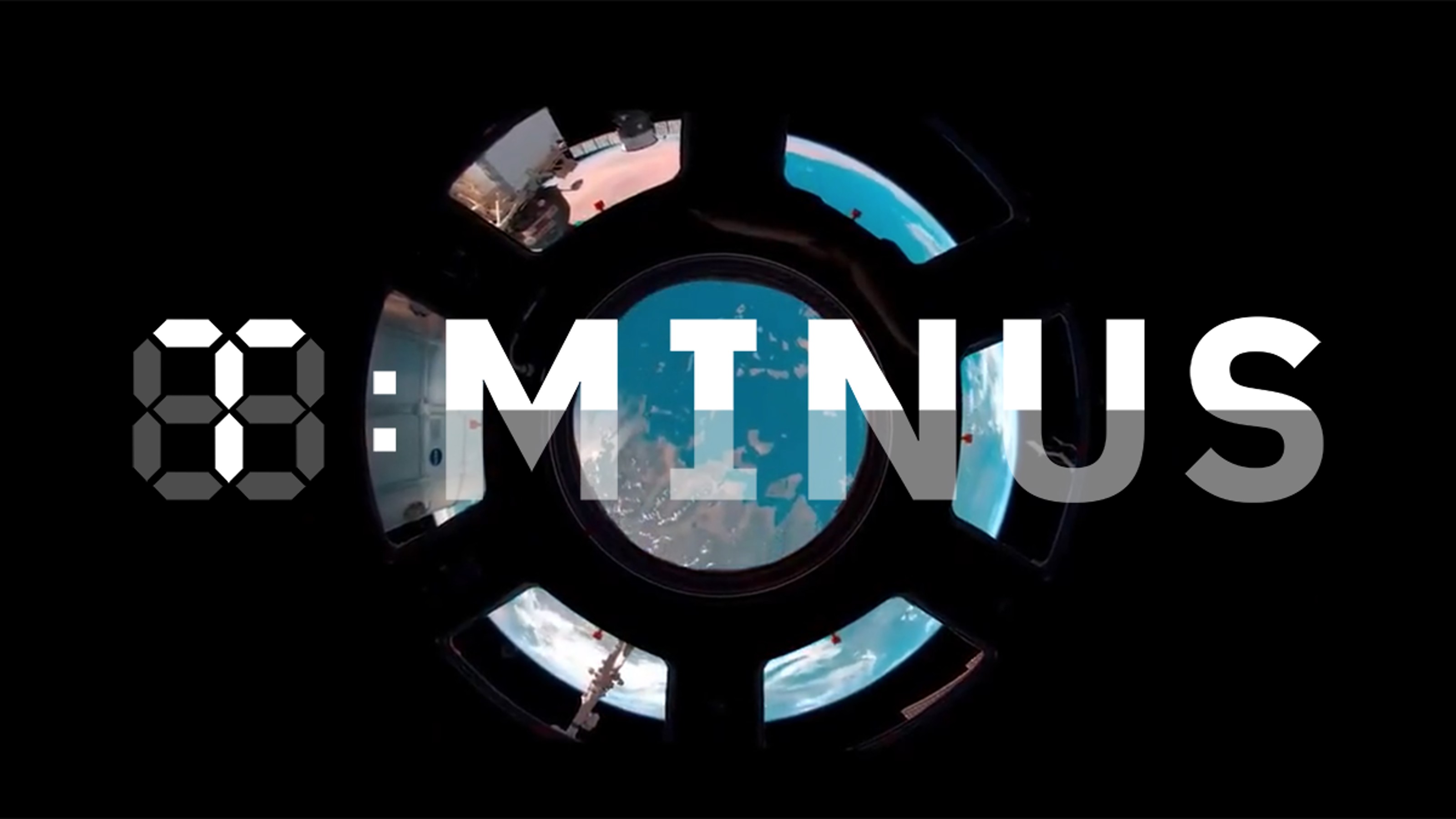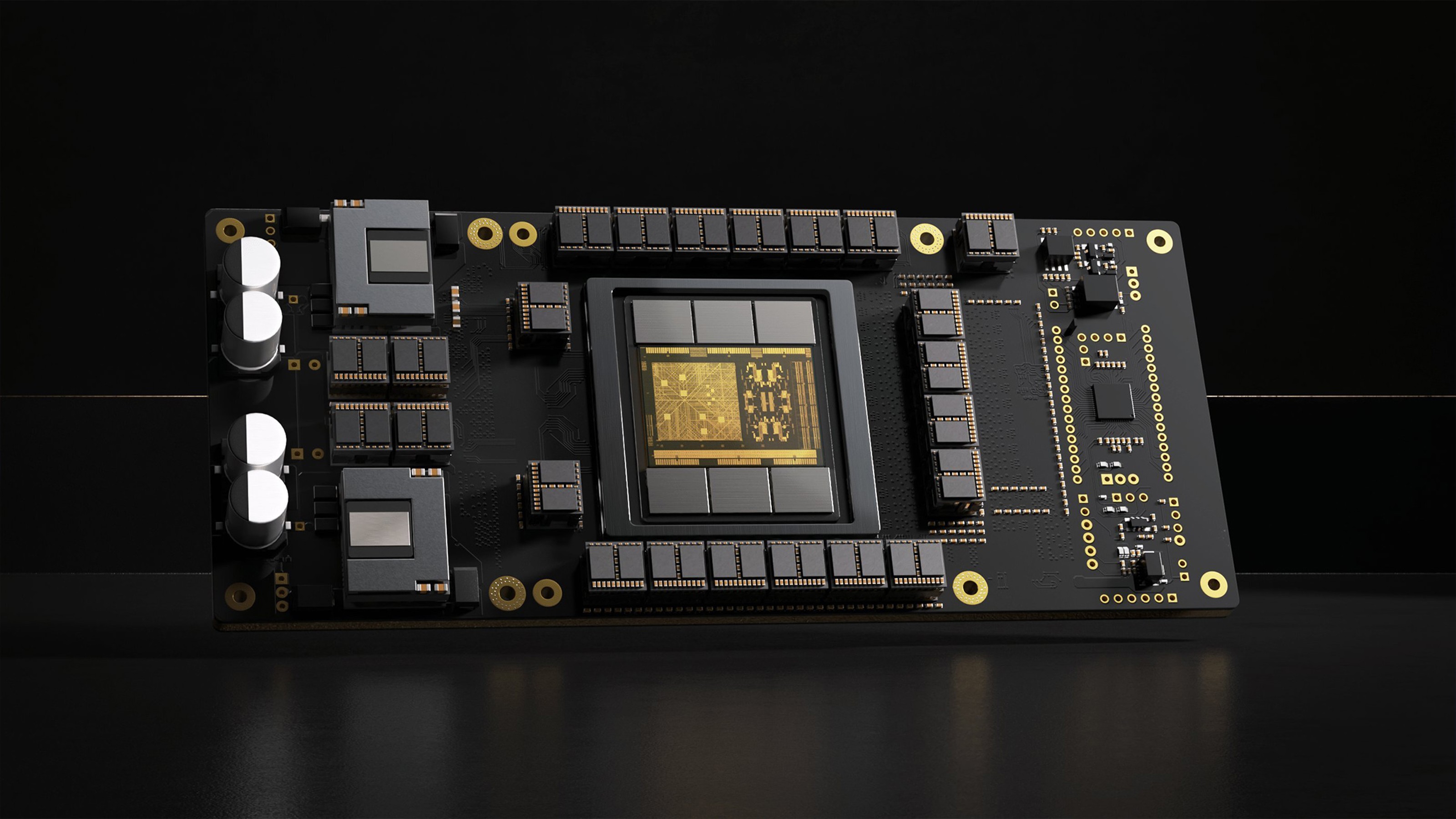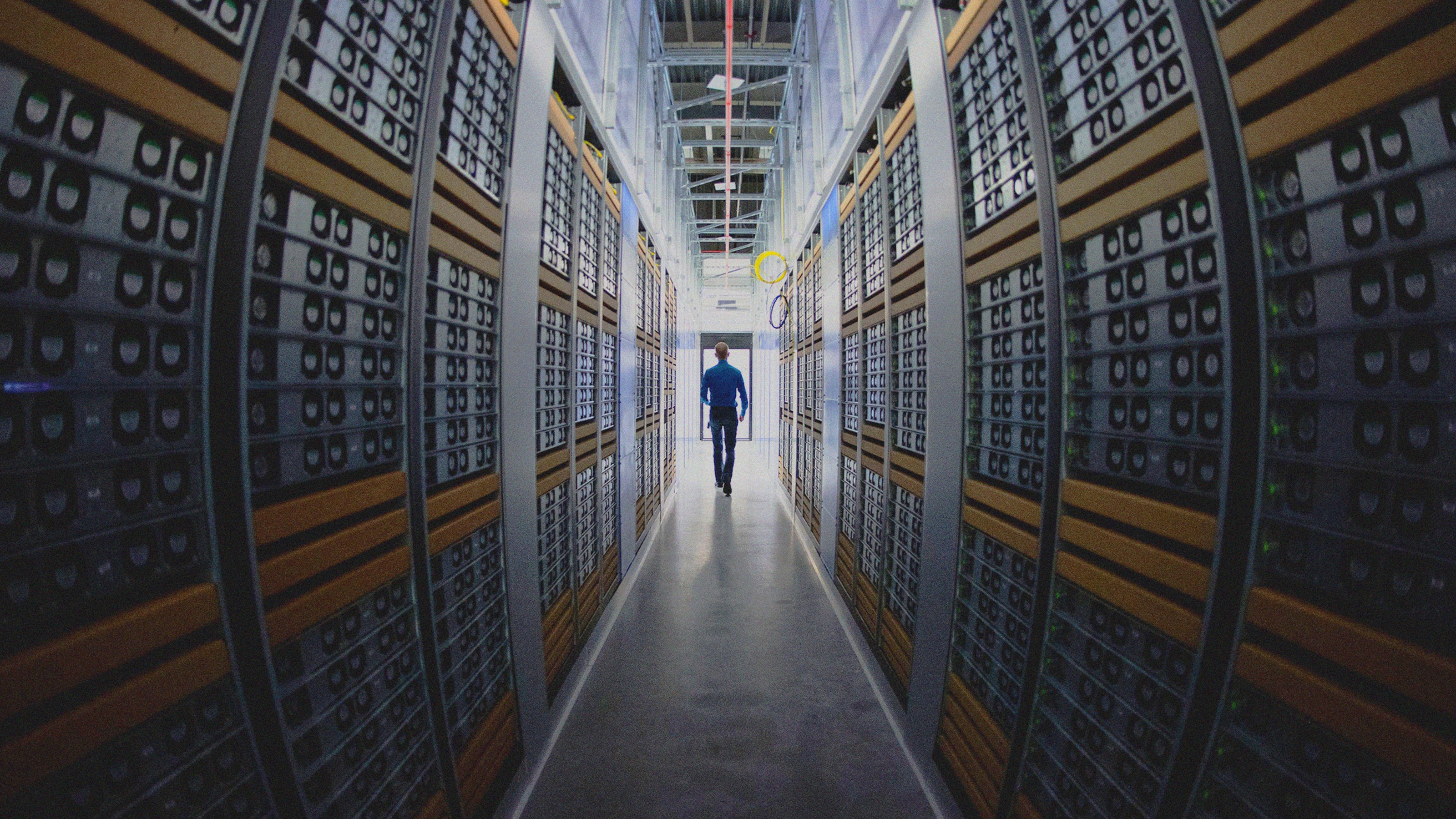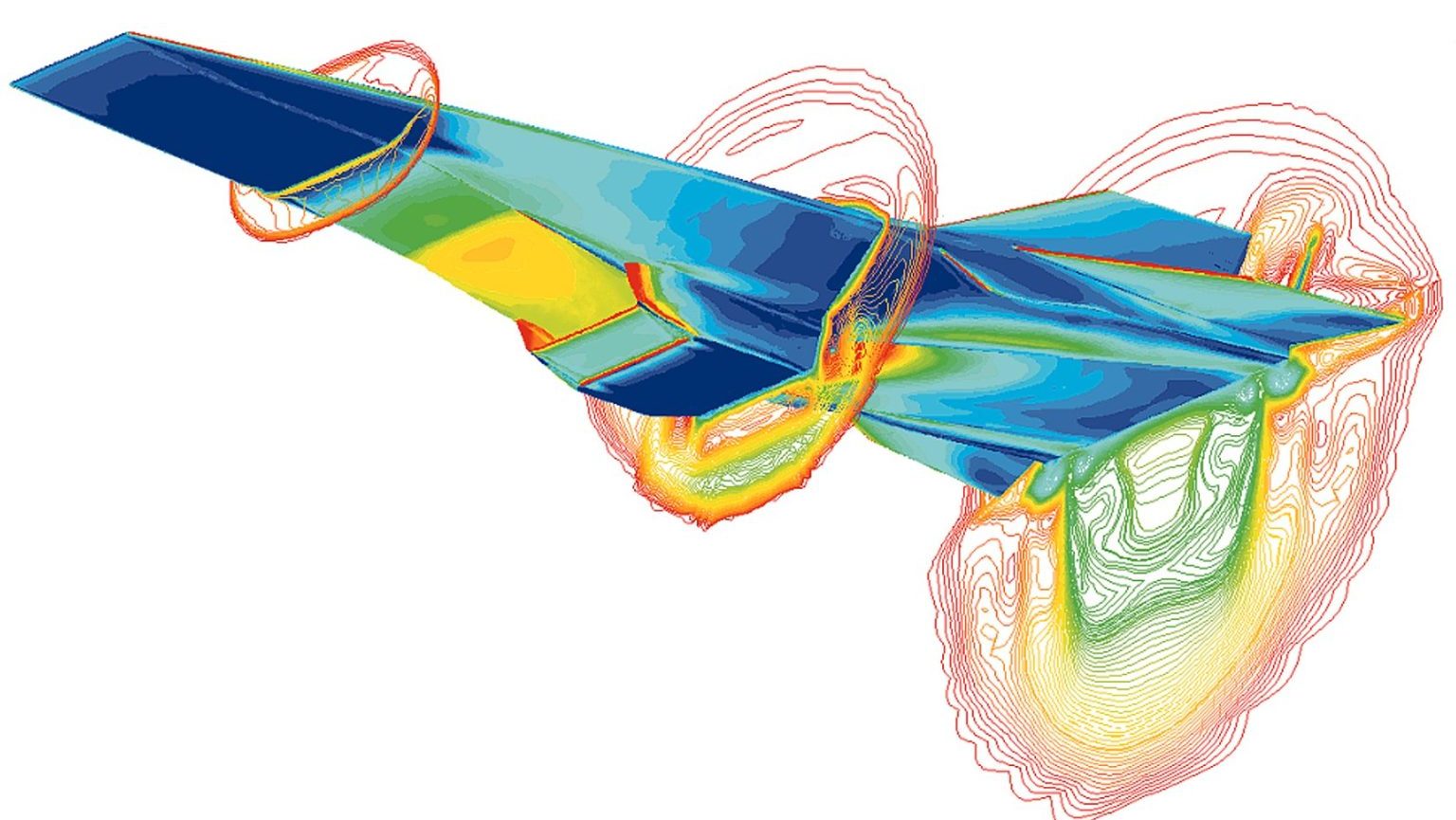Emerging Tech
Make Sunsets is bringing solar geoengineering from sci-fi to reality.
Welcome to The Nightcrawler — a weekly newsletter from Eric Markowitz covering tech, innovation, and long-term thinking.
Mike Bechtel, chief futurist with Deloitte Consulting LLP, joins Big Think for a wide-ranging look at what’s next — and why.
Why the road to self-driving vehicles is paved with smarter “dumb” cars.
How technology could change everything we thought we knew about reproduction.
These startups, space agencies, and aerospace giants are building humanity’s next off-world homes.
Benjamin Oakes — CEO of buzz-worthy biotech company Scribe Therapeutics — joins Big Think for a chat about innovation, human endeavor, and more.
When AI eats its own product, it gets sick.
Just eight of Etched’s Sohu chips could replace 160 Nvidia GPUs.
As creatures and machines meld together in increasingly advanced forms, ethicists are starting to take note.
Welcome to The Nightcrawler — a weekly newsletter from Eric Markowitz covering tech, innovation, and long-term thinking.
We need more data centers for AI. Developers are getting creative about where to build them.
There is one obstacle that reliably blocks innovative ideas: how we fund science.
His $1 million ARC Prize competition is designed to put us on the right path.
More accurate uncertainty estimates could help users decide about how and when to use machine-learning models in the real world.
The lithium-ion alternatives could help create a safer, greener future.
Hindsight can cloud our predictive abilities but big data can de-mist forecasting — now AI is sharpening that focus.
AI researcher and author Ken Stanley wonders how our rear-view perspective on success fits into a serendipitous mode of innovation.
The new corporate landscape demands an approach to leadership based on empowering the “inner CEO.”
Can AI-powered “answer engines” replace the 10 blue links model?
Hypersonic aircraft can fly at least five times the speed of sound. They would make for terrifying weapons.
The Extremely Large Telescope (ELT) will have a light-collecting power 10 times greater than today’s best telescope.
Cam Lawrence — CEO of international venture platform Newlab — joins Big Think Business to discuss his strategic vision for climate tech.
Our relationship with chatbots is undergoing a sea change — here’s how the transformation will most affect you and your team.
The military is courting tech startups to help it win the AI arms race.
A golden new era of business is within our reach — provided that we harness AI’s potential while mitigating the risks.
Architecture in the age of AI — argues professor Nayef Al-Rodhan — should embed philosophical inquiry in its transdisciplinary toolkit.
Smart glasses have flopped before. AI could finally make them mainstream.
Kurzweil predicts that AI will combine with biotechnology to defeat degenerative diseases this decade. Then things will get really interesting.
The evolution of quantum technology is far from over.



